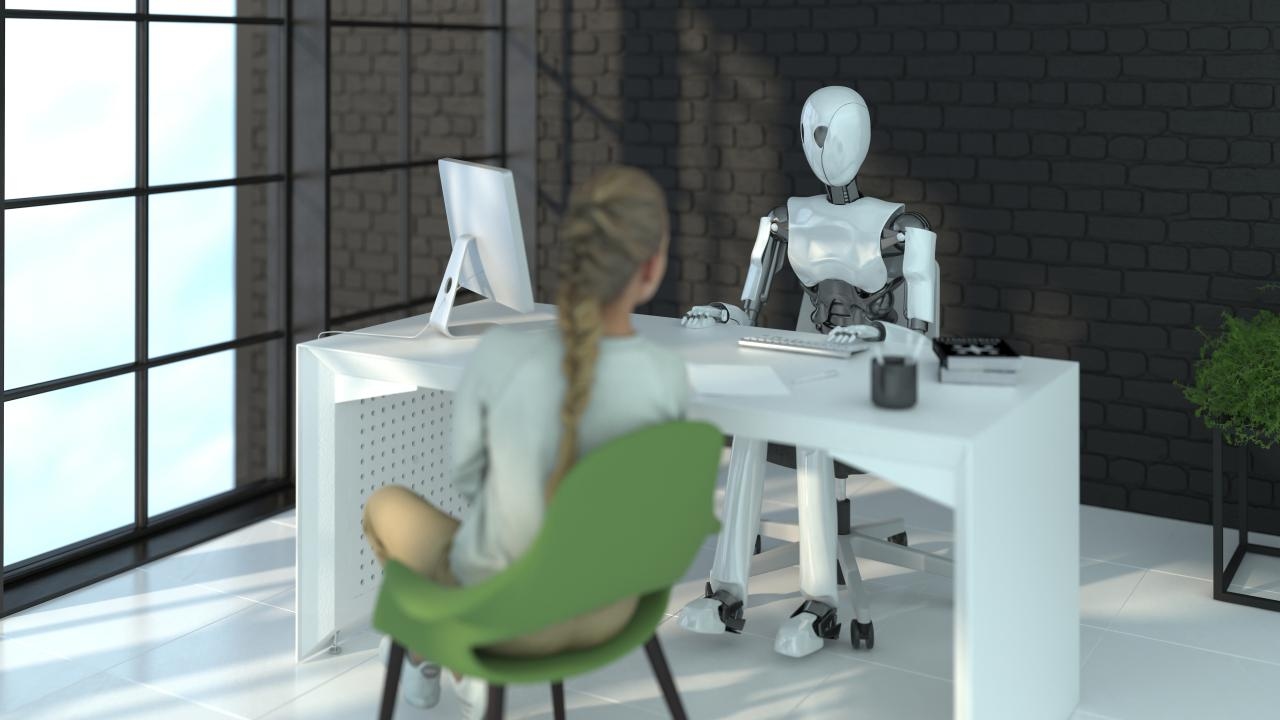Can artificial intelligence be a therapist?

Artificial intelligence-based psychological support applications have been increasing in recent years.
These systems, which offer users 24/7 access, anonymity, and low costs, also raise the question, “Can they replace real therapy?”
Etlik City Hospital Psychiatrist Dr. Tayfun Öz told TRT News that the limits of artificial intelligence in processes related to the human inner world should be well known.
"Therapy is a healing relationship between two people."Dr. Tayfun Öz emphasized that therapy is not just about techniques that reduce symptoms, saying, “Therapy is a structured healing relationship established between two people that helps an individual understand their inner conflicts, emotional pain, and behavioral difficulties.” Öz stated that artificial intelligence applications can be useful in areas such as psychoeducation, emotion-thought monitoring, and reminding cognitive-behavioral skills, adding, “However, they are not at a level that can undertake the layers of relationality, ethical responsibility, and individual meaning that constitute the essence of therapy.”
Anonymity can make the first step easier, but lasting recovery requires people.Psychiatrist Öz stated that many people find it easier to express their feelings through an app, and that this is due to the benefits of anonymity and reduced fear of being judged.
"Having access to apps at any time gives a person a sense of control, making the first step easier. However, this can also increase emotional dependency. Digital conversations can be appealing for people who avoid intimacy or are ambivalent about relationships, but lasting recovery often requires confronting emotions and establishing a relationship with a trusted person."
“Artificial intelligence mimics empathy, and empathy is a lived process.”Dr. Öz said that artificial intelligence can produce empathic expressions, but true empathy is not established with words alone.
"Empathy is a live process involving emotional synchrony between two subjects. Digital systems prioritize gratification, which can distract from the confrontation necessary for change."
Digital tools can be a gateway to therapyDr. Öz stated that anonymity and ease of access reduce fear of stigma, and said that digital applications can be a gateway to psychological support, especially for young people and the elderly.
However, he stressed that these tools should only remain a “supportive” step, without replacing human contact.
“The healthiest approach is a hybrid model with defined boundaries.”Dr. Tayfun Öz stated that artificial intelligence should not be rejected completely, but its boundaries should be clearly drawn.
The expert stated that artificial intelligence could be useful in areas such as psychoeducation, reminding people of emotional regulation exercises, and sleep monitoring, adding, "However, humans are needed in complex clinical situations and deep psychological processes."
Finally, Dr. Tayfun Öz emphasized that in the future, people may initially turn to artificial intelligence due to the ease of access and the comfort of not being judged, but that lasting change, ethical responsibility, and establishing true connections will only be possible with humans.
TRT Haber




